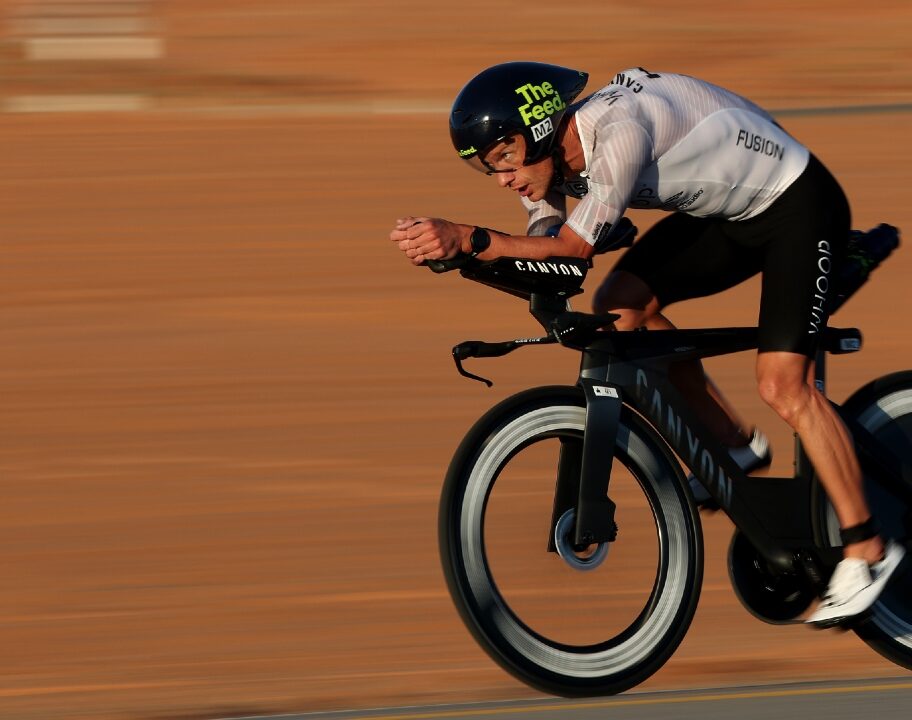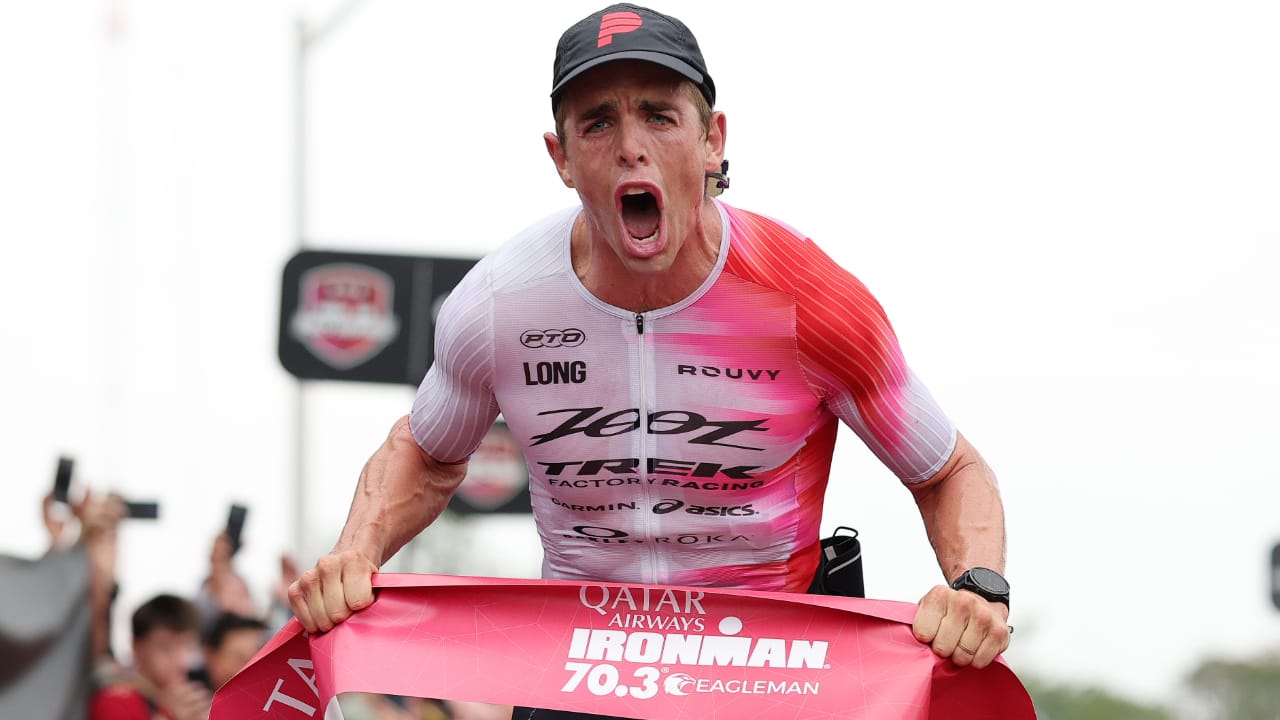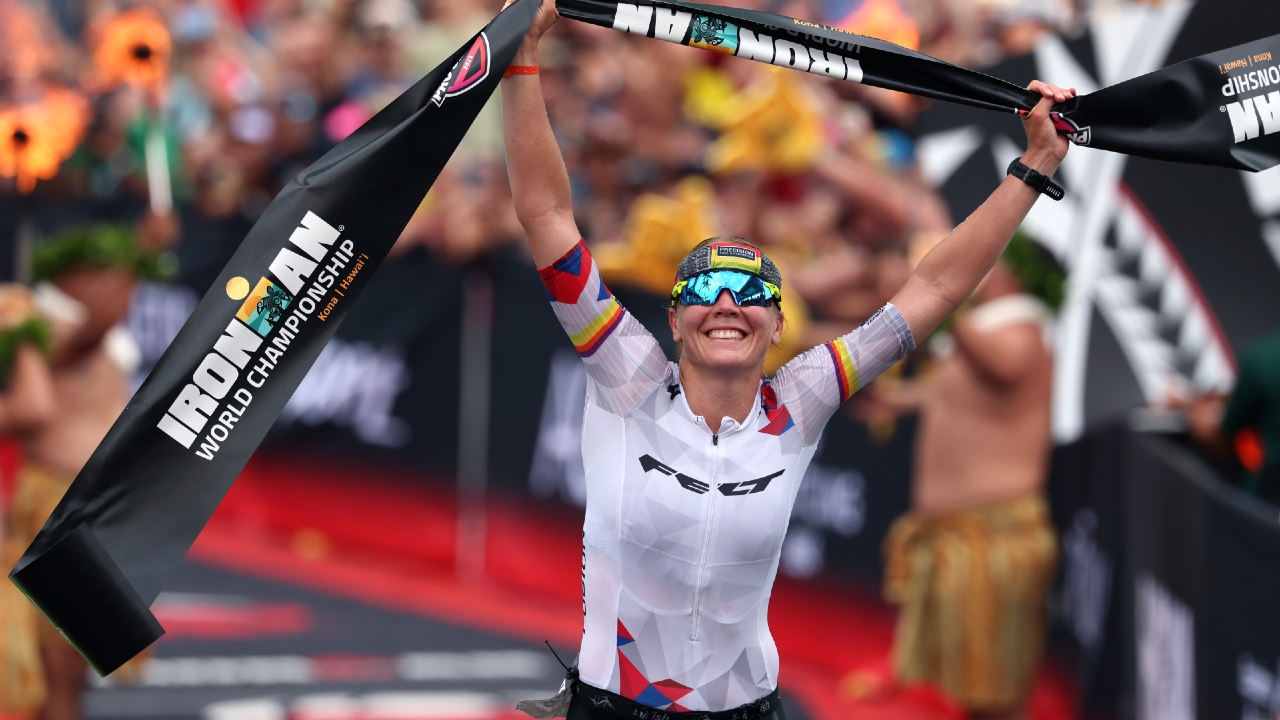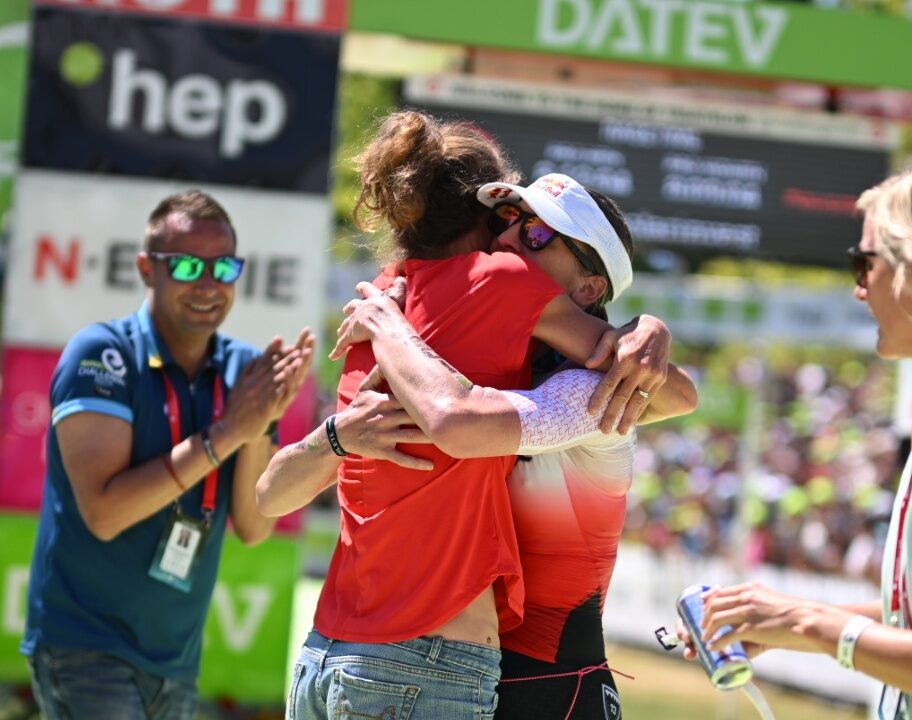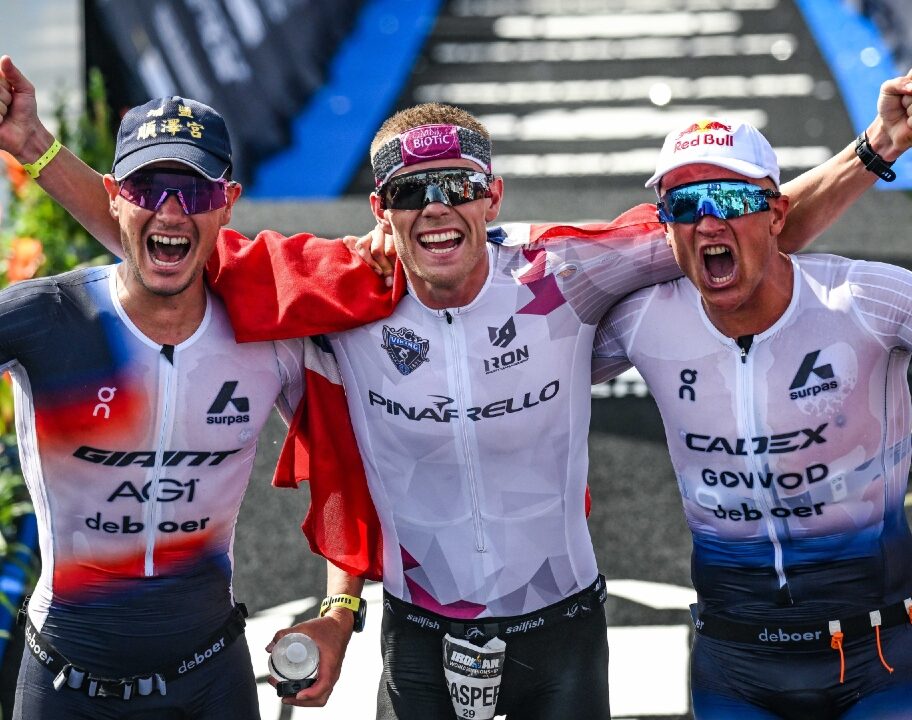Eat, train, work, repeat. Sound familiar? For many age group triathletes, when it comes to improving our performance we’ll focus mainly on the training we’re doing, the nutrition we’re taking on board or the gear we’re using on race day. But the reality is, sleep is a vital – and sometimes overlooked – factor. And catching enough Zs could be far more beneficial to improving your capacity to train, and perform at your best, than you might realise.
Take a look at almost any PRO triathlete, and you’ll notice that regardless of coaching methodology they’ll all have at least one thing in common: prioritising sleep. And for good reason. Sleep plays a crucial role in allowing our bodies to recover and adapt to training. And it’s during sleep that our brains get recharged with the cognitive capacity to deal with the mental load that comes with training hard.
When you’re juggling your training with work, family and other commitments – getting good quality sleep can be tricky. We discuss why sleep is important for endurance athletes, and guide you through some steps you can take to optimise your sleep quality.
Why is sleep important for endurance athletes?
Recovering effectively between training sessions and being able to absorb training stimulus is key to improving your performance. And sleep plays a vital role in facilitating this recovery. During deep sleep, the body produces growth hormone, androgens and synthesises protein in our muscles. This is an essential process to repair and rebuild muscle and bone tissue, enabling the body to adapt to training stimulus and get stronger.

Sleep also helps to support the immune system, and regulates hormones including the stress hormone cortisol. This hormonal regulation plays a key role in regulating stress responses, energy levels, supporting a healthy body composition, and facilitating muscle growth.
Good quality sleep is also vital for your cognitive function as sleep has an impact on memory, learning and neurofunction.
How does a lack of sleep affect performance?
A study on the importance of sleep for athletic performance published in The Strength and Conditioning Journal found that “for endurance-based performances, 24 hours of reduced sleep resulted in decreased aerobic performance over a 30-minute period.” But a lack of sleep doesn’t just impact your performance in the short term, both physically and by creating a higher perception of effort. Not getting enough sleep can also lead to impaired recovery and a compromised immune system – reducing your ability to train consistently due to fatigue, injuries or illness. Putting the brakes on your ability to keep making improvements.
The impact of sleep deprivation on mood can also lead to reduced motivation and less capacity to deal with the mental demands of triathlon training and racing.
TRI247 INSIGHT

Six ways to improve your sleep so you can train harder and perform better
Stress about your lack of sleep keeping you up at night? It’s clear that getting high quality sleep is essential if you want to be able to train consistently and make progress. But that’s easier said than done when you’re fitting triathlon training around work, family and other commitments. Getting enough sleep and keeping all the plates spinning can feel like an impossible task. Being in bed by 8pm isn’t realistic for most of us. Neither is bailing out on all our afternoon meetings to take a nap. And getting up at the crack of dawn to swim, bike or run before work is sometimes the only option to get your training done.
So how can you make the most of the time you do have to optimise your sleep quality?
Be mindful with how you plan your training schedule
For age group triathletes, sometimes training in the evenings – often late – is unavoidable. Particularly if you have more than one session to complete a day. But to mitigate the impact of this late night training on your sleep quality, try to be mindful of what type of training session you’re doing later on in the day. High intensity exercise in the evening has been shown to impact your ability to sleep, and it can reduce the quality of your sleep once you do drop off. If possible, think about shifting your training around so you can get any high intensity sessions ticked off in the morning to reduce the impact on your sleep.
Avoid eating your main meal late at night
Refuelling after training is key, but eating a large meal right before bed can make it harder for you to fall asleep because your body is busy digesting your food. If you won’t be able to have your evening meal until late at night, consider switching things up and eating your main meal at lunch time. This way, you’ll be well-fuelled for your evening training. And you can replenish after that late night session with a lighter meal that won’t have such a big impact on your sleep.
what FOODS HELP TO IMPROVE SLEEP?
Reduce caffeine intake after lunchtime
We know, we know. Death before decaf and all that. If you’re anything like us, you’re probably in a bit of a co-dependent relationship with caffeine and no amount of prising will remove your morning cup of the good stuff out of your hands. But caffeine does impact your sleep, so try to resist that mid-afternoon coffee fix. If you tend to struggle with the dreaded 3pm energy slump try to focus on staying hydrated and if you can – take a short walk or at least get up from your desk for a few minutes to wake yourself up.
Limit your screen time right before bed by establishing a pre-sleep routine
Avoiding screen time is easier said than done, but doing so is important to improve sleep. Melatonin is a hormone which prompts sleep, produced by serotonin and stimulated by darkness. The blue light emitted by our phones, tablets and other devices disrupts the production of melatonin making it harder to fall asleep.
If you struggle to resist a quick scroll on your phone before bedtime, try establishing a pre-sleep routine that keeps you away from your devices. That might be a gentle stretch routine, reading a book or doing some meditation. Try and stick to this routine, and eventually it’ll help you to break the habit of reaching for your phone when you should be trying to drift off to sleep.
Create an optimal sleep environment
Temperature, light and noise all have an impact on our ability to sleep properly. When we sleep, our core body temperature goes through a cycle. If the room is too warm, we wake up when our body temperature increases too much. Try keeping your bedroom at a cooler temperature to help decrease this wakefulness.
If light or noise are preventing you from sleeping deeply, consider giving ear plugs and an eye mask a try. On nights where sleep is eluding you, don’t lie in bed all night staring at the ceiling. After 20 minutes, get up and go and do something relaxing like reading a book in another room. Return to the bedroom when you feel sleepy again. Mentally, you want to associate the bedroom with rest and relaxation – not the stress and frustration of not being able to fall asleep.
Consider supplementing your magnesium intake
If you’re struggling to wind down after evening training sessions, it could be worth considering supplementing your magnesium intake. Magnesium is a mineral that plays a vital role in how our body functions. In sport, we’ll often focus on the role magnesium play in regulating muscle contractions – magnesium acts as an agonist to calcium, enabling muscles to relax after a contraction and therefore helping to avoid muscle cramps and spasms. But beyond helping to relax our muscles – useful for promoting better sleep in itself – magnesium also has an important role in the nervous system.
A study on magnesium and stress (Cuciureanu MD, Vink R; University of Adelaide Press 2011) states that magnesium “inhibits the release of excitatory neuro- transmitters” and cites research that found in athletes, who are inherently subject to “severe physical stress”, magnesium supplementation helped to lower serum cortisol levels (known as the stress hormone).
Alongside helping to lower our stress level, magnesium also has a function in the production of serotonin which in turns aids the production of melatonin – otherwise known as ‘the sleep hormone’. It’s also been suggested that magnesium may play a part in helping to regulate a neurotransmitter called Gamma-aminobutyric acid (GABA) which helps to calm the nervous system.
Overall, there’s plenty of research out there to suggest that ensuring you have sufficient magnesium levels can help to promote better relaxation – physically and mentally – which could help you to fall asleep more easily, and achieve better quality sleep once you are catching those Zs.
TRI247 INSIGHT







